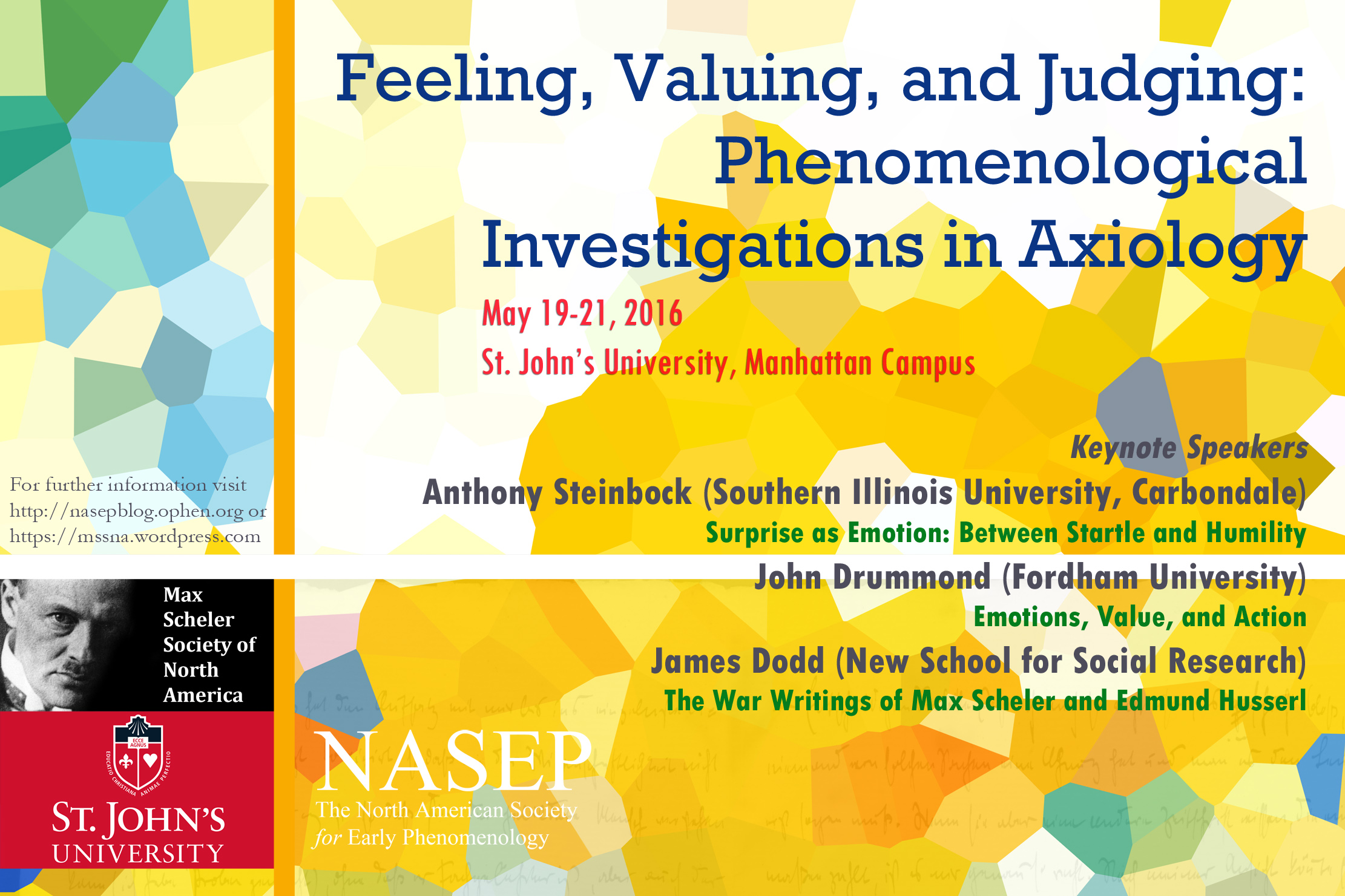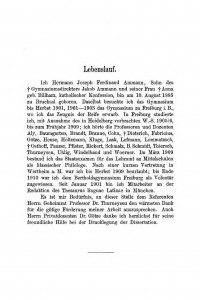Call for Abstracts
The North American Society for Early Phenomenology, in association with the Philosophy Department at IPFW, invites submissions to a Spring Workshop:
Phenomenological Perspectives on Negation
21-22 April, 2017
Indiana University-Purdue University, Fort Wayne (Fort Wayne, IN)
Keynote Speaker:
Robin D. Rollinger
Institute of Philosophy of the Czech Academy of Sciences
The Philosophy Department at IPFW, in association with the North American Society for Early Phenomenology, will host a workshop on phenomenological perspectives on negation. We invite abstract submissions on the topic of negation as approached through the phenomenological method, either with regard to scholarship on negation in the history of phenomenology or with regard to the topic of negation addressed from a phenomenological perspective in the context of problems such as consciousness, language, expression, socio-political philosophy, feminist theory, and axiology in general.
The workshop will take place in conjunction with the Indiana Philosophical Association’s workshop on Negation. Papers accepted as part of the IPA Workshop will be presented on Friday, while papers accepted to the NASEP workshop will be presented Saturday.
Abstracts should be 400-600 words, and include a short bibliography. Abstracts must be prepared for blind review and sent to Charlene Elsby (elsbyc@ipfw.edu).
Deadline for submissions is February 15th, 2017.
Decisions will be sent out no later than March 7st, 2017.
Organizers: Charlene Elsby, IPFW
Host: Indiana University-Purdue University, Fort Wayne


